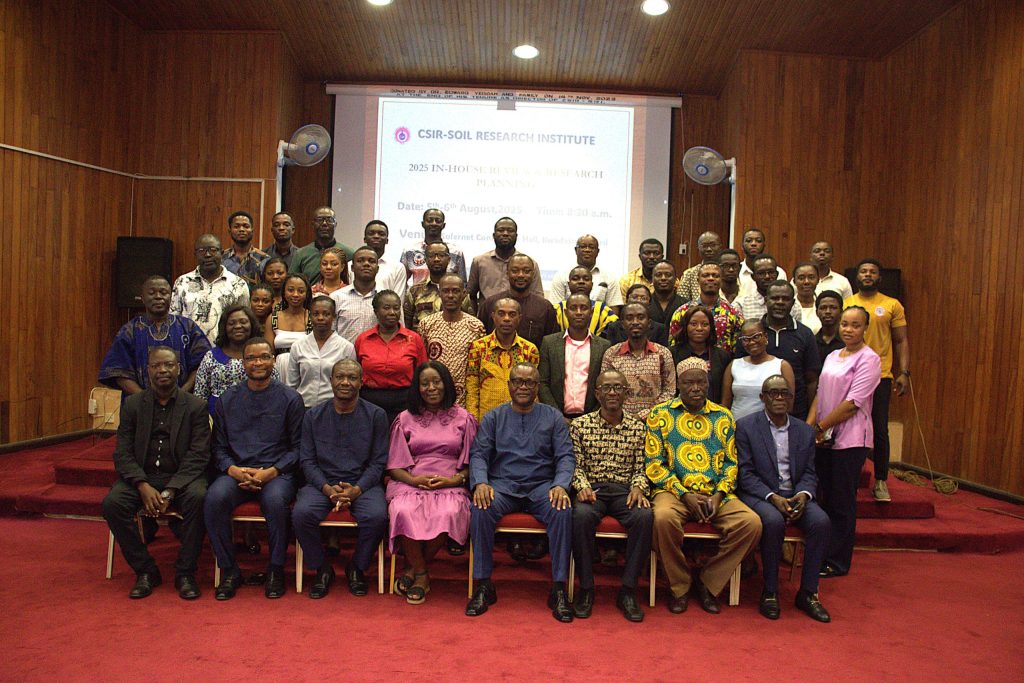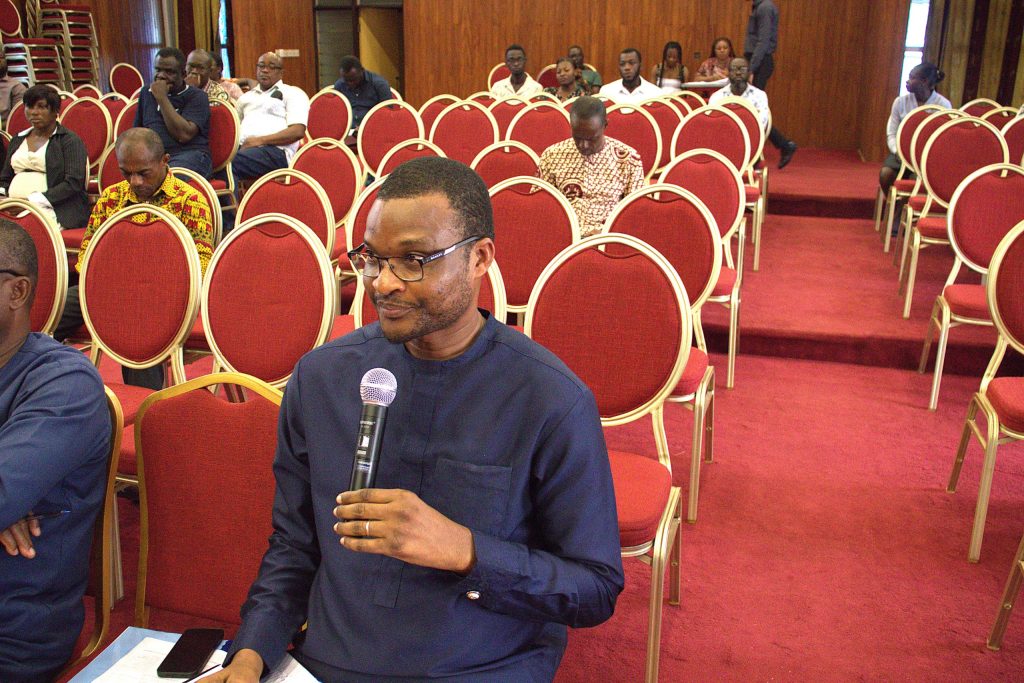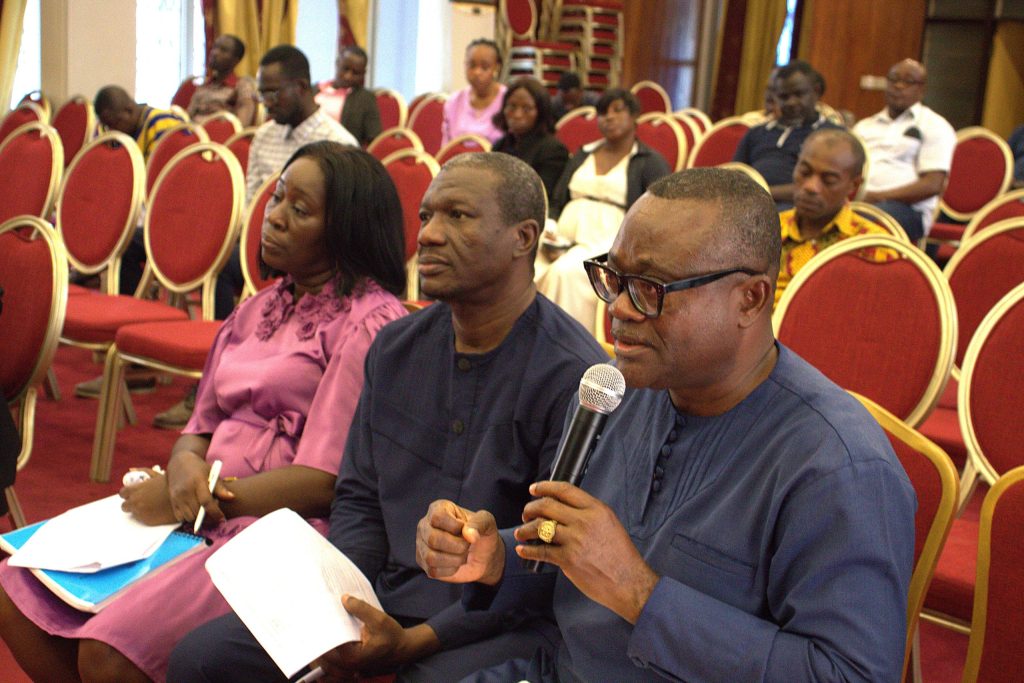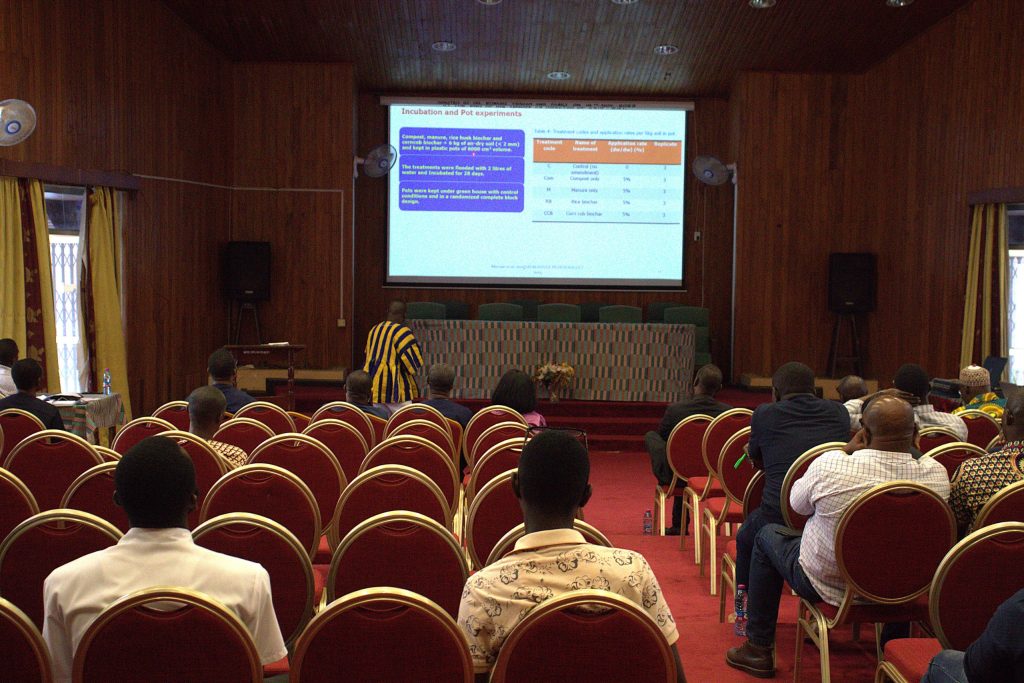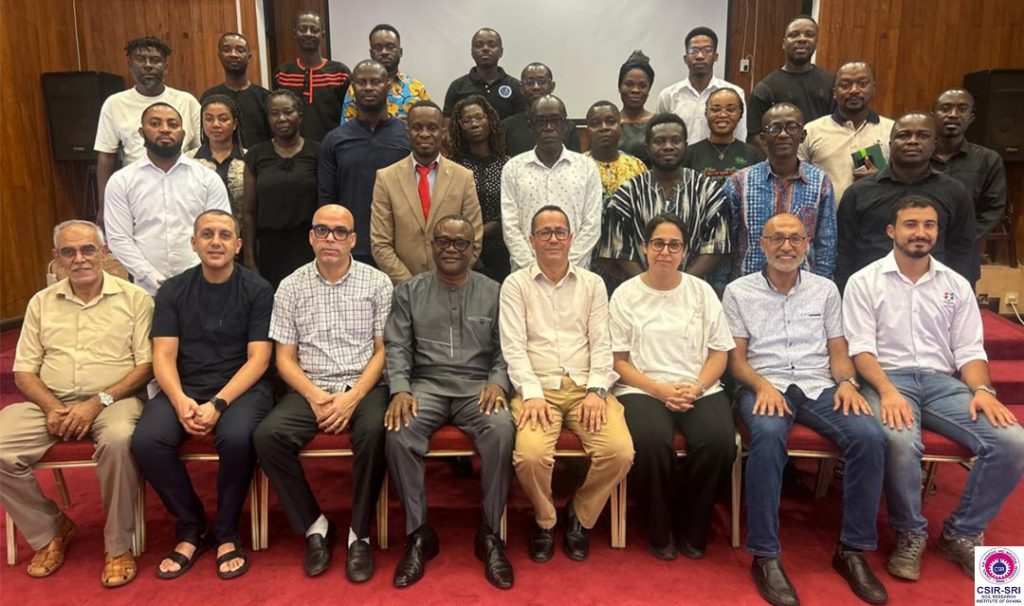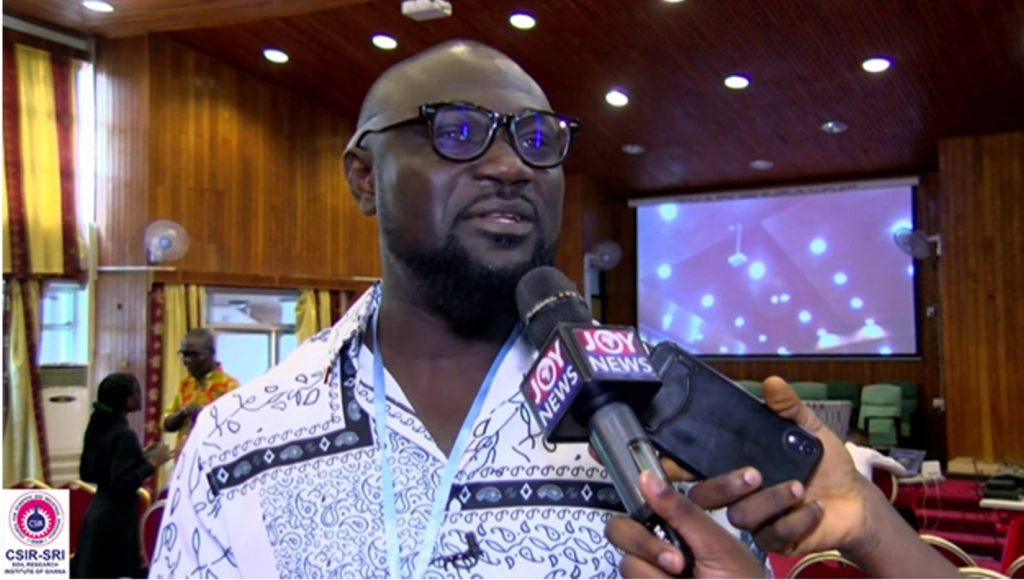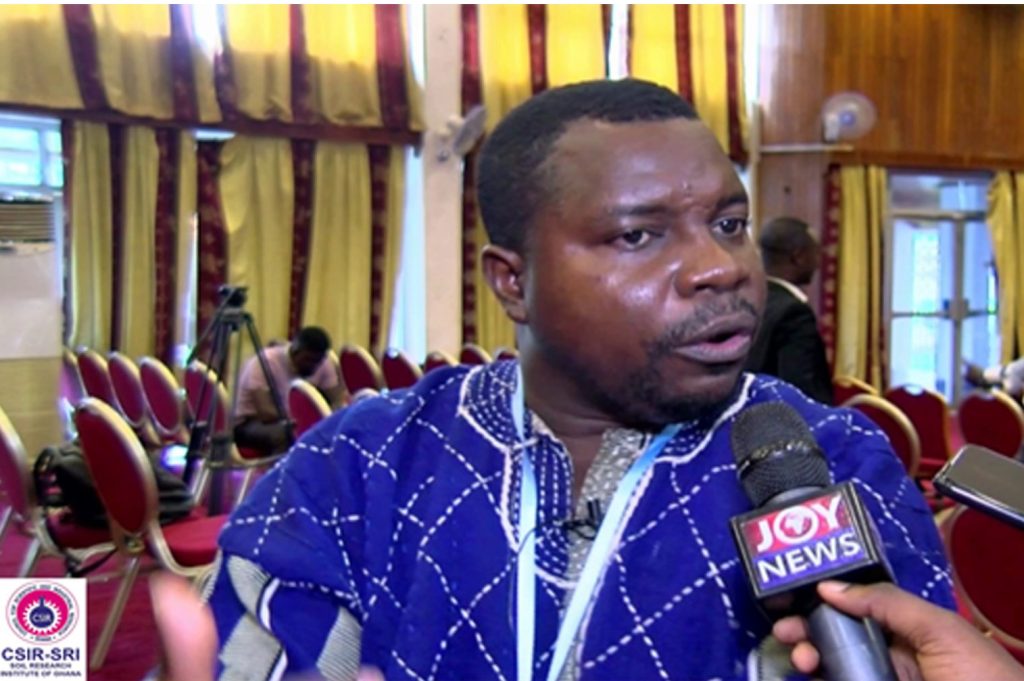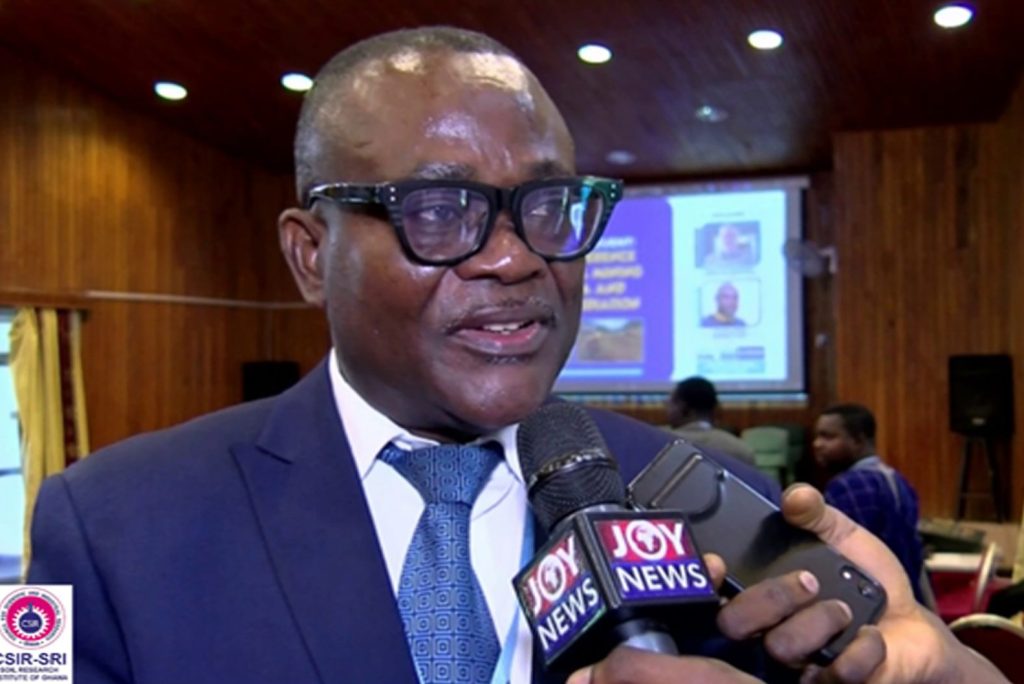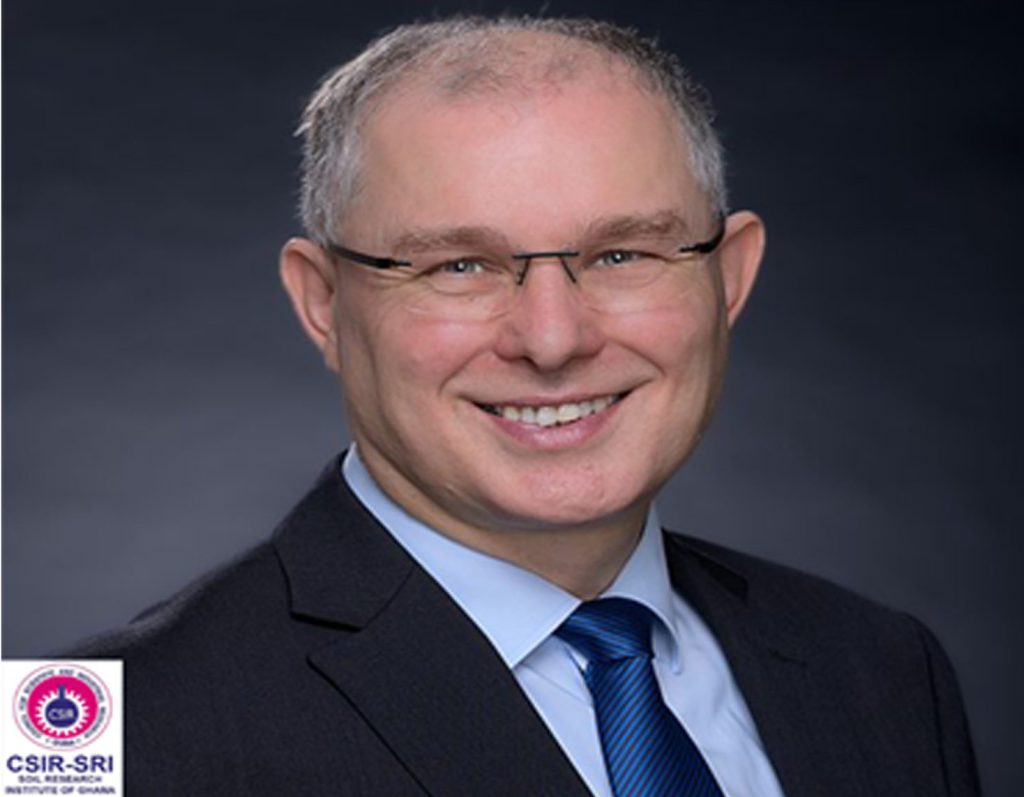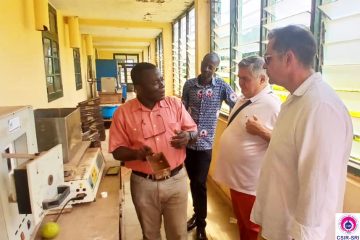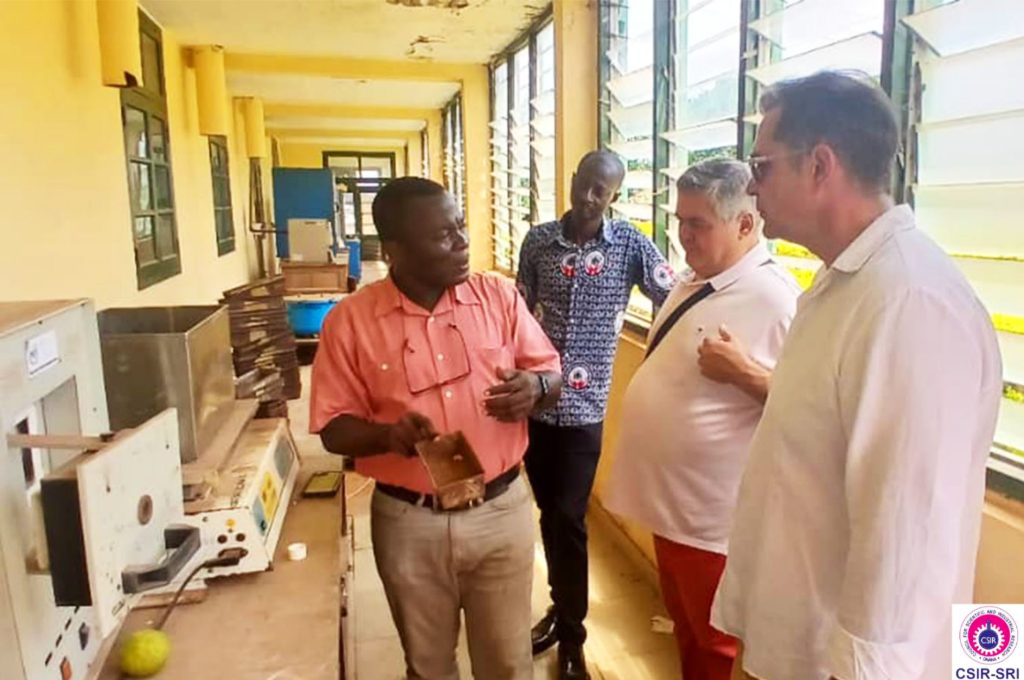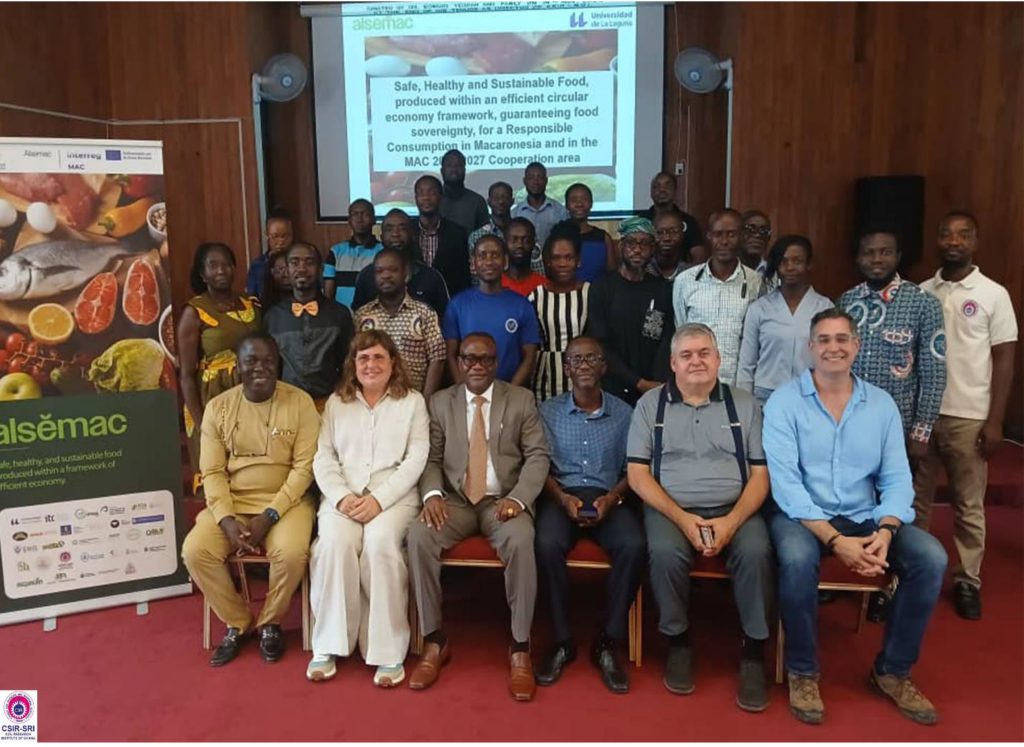ILLEGAL MINING AND POLLUTION PUTTING GHANA’S SOILS UNDER THREAT -SOIL CONSERVATIONISTS
Experts have renewed calls for stronger environmental protection measures to safeguard Ghana’s soils, warning that ongoing degradation directly threatens food security, public health, and sustainable urban development. The appeal was made at the 2025 World Soil Day celebration held at the Soil Research Institute of the Council for Scientific and Industrial Research (CSIR-SRI), amid rising pressure on the country’s lands from illegal mining, pollution, and excessive use of chemical fertilisers.
Speaking at the event, Prof. Vincent K. Avornyo, a lecturer at the University for Development Studies (UDS), emphasised that soil should be regarded as one of the most vital natural resources after water. “Soil is the foundation of our existence, and, sadly, we have not given it the attention it merits,” he stated. “When the soil dies, humans will also die or fall ill.”
Prof. Avornyo explained that soil acts as the medium for crop growth and is a key factor in determining the quality of food and water consumed by humans. He warned that polluted or contaminated soils inevitably pose health risks. “Everything humans eat comes from the soil. If it is polluted, it affects the food chain and ultimately human health.
The soil is a living entity, and it is our duty to protect it,” he added. The 2025 World Soil Day was observed under the theme, “Healthy Soil for Healthy Cities,” highlighting the increasing importance of soil conservation in rapidly urbanizing environments.
President of the Soil Science Society of Ghana, Dr. Edward Yeboah, reinforced this message by urging policymakers and city planners to look beyond short-term agricultural yields. “Soil health involves maintaining a balanced community of organisms and good physical and chemical structure to ensure long-term productivity and environmental quality,” he explained.
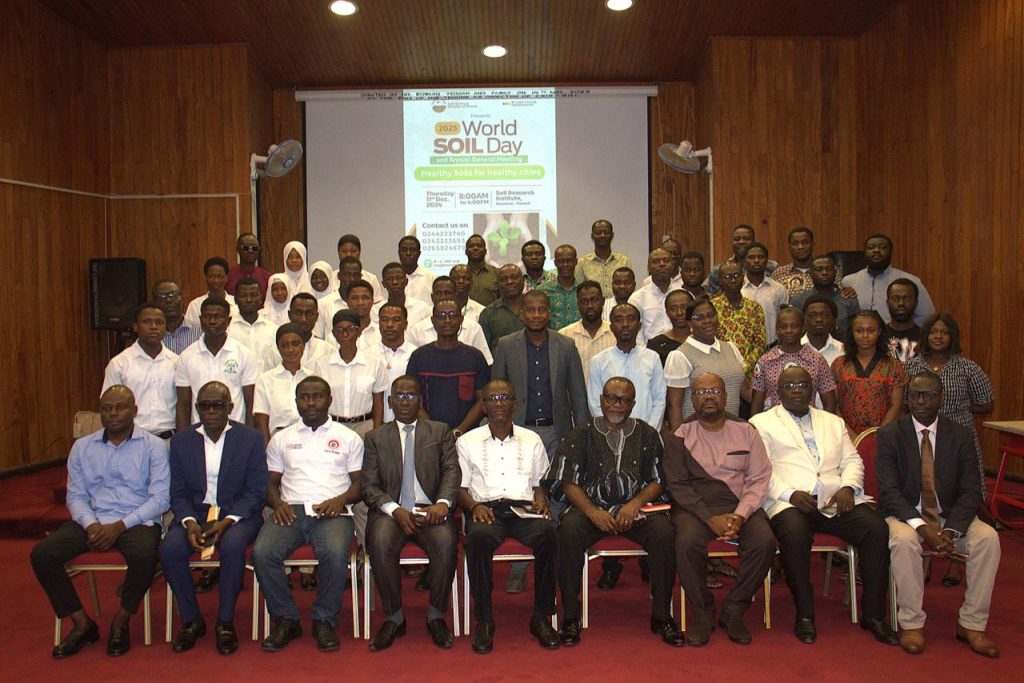
He pointed out that urban soils provide essential ecosystem services, including food production, water filtration, carbon storage, temperature regulation, and supporting biodiversity. However, activities like soil sealing, pollution, and unplanned urban expansion are gradually undermining these benefits.
Dr. Collins Korbla Tay, Director of the CSIR-Soil Research Institute, also warned against the common misconception of soil as “dead earth” that can be exploited without consequence. “As long as we keep dumping waste on the soil without managing it properly, the soil will become contaminated. When heavy rains occur, flooding becomes inevitable,” he cautioned.
Dr. Tay lamented that many African societies, including Ghana, undervalue soil, resulting in practices that diminish its quality, especially in cities dominated by concrete structures and poor waste management. “In the past, cities had open lands designated for agriculture and green spaces. Today, everything is concretised, leaving the soil no space to breathe and perform its natural functions,” he observed.
The event united researchers, students, local government officials, and environmental NGOs, all of whom echoed the need for sustainable agricultural practices, reduced pollution, and mindful urban planning. Participants agreed that protecting soil is not only an environmental issue but also a national development priority, vital for building healthy cities, resilient communities, and a sustainable future for Ghana.
